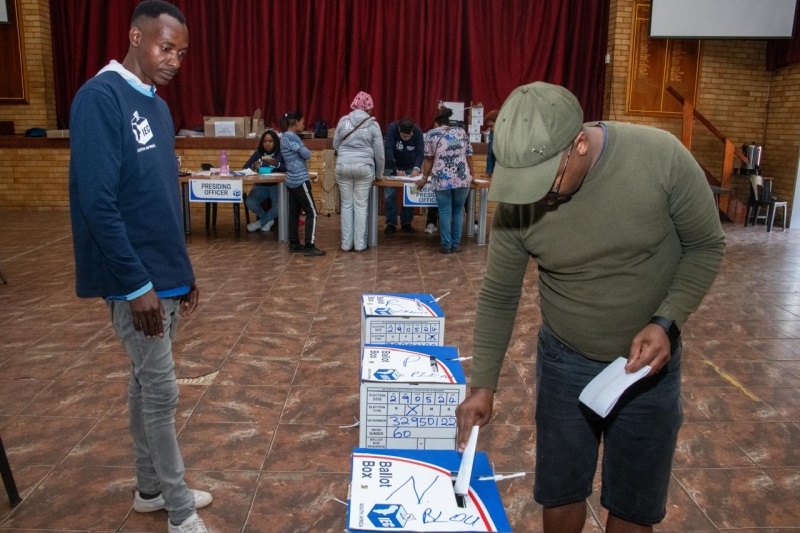Indeed, the IEC revealed that the ANC is in the lead with 40.3%, a figure that must not change much. Thus, and not having reached the defining 50%, now the national political scenario is centered on which government alliance the ANC will establish in order to, as a whole, have a parliamentary majority.
According to local analysts, it is most likely that the ANC will appeal to the smallest possible number of parties to form a government, since an alliance with many members would turn decision making in the National Assembly –Parliament- into an inefficient and very complex matter. Meanwhile, the conservative Democratic Alliance (DA) obtained 21.7% at the national level, leading only in the southern province of Western Cape. An ANC-DA alliance is seen as highly unlikely.
On the other hand, one of the most notable results of these elections is the positioning of the new uMkhonto we Sizwe (MK) party as the third political force in South Africa, with 14.7% of the votes cast nationwide. In fact, it emerged as the most voted party in the southeastern province of KwaZulu-Natal, with 46% in that constituency.
According to plan, the final official results will only be declared when all outstanding objections to the IEC by dissatisfied parties have been resolved, which are expected on Sunday evening, June 2.
ef/omr/oda/mv










